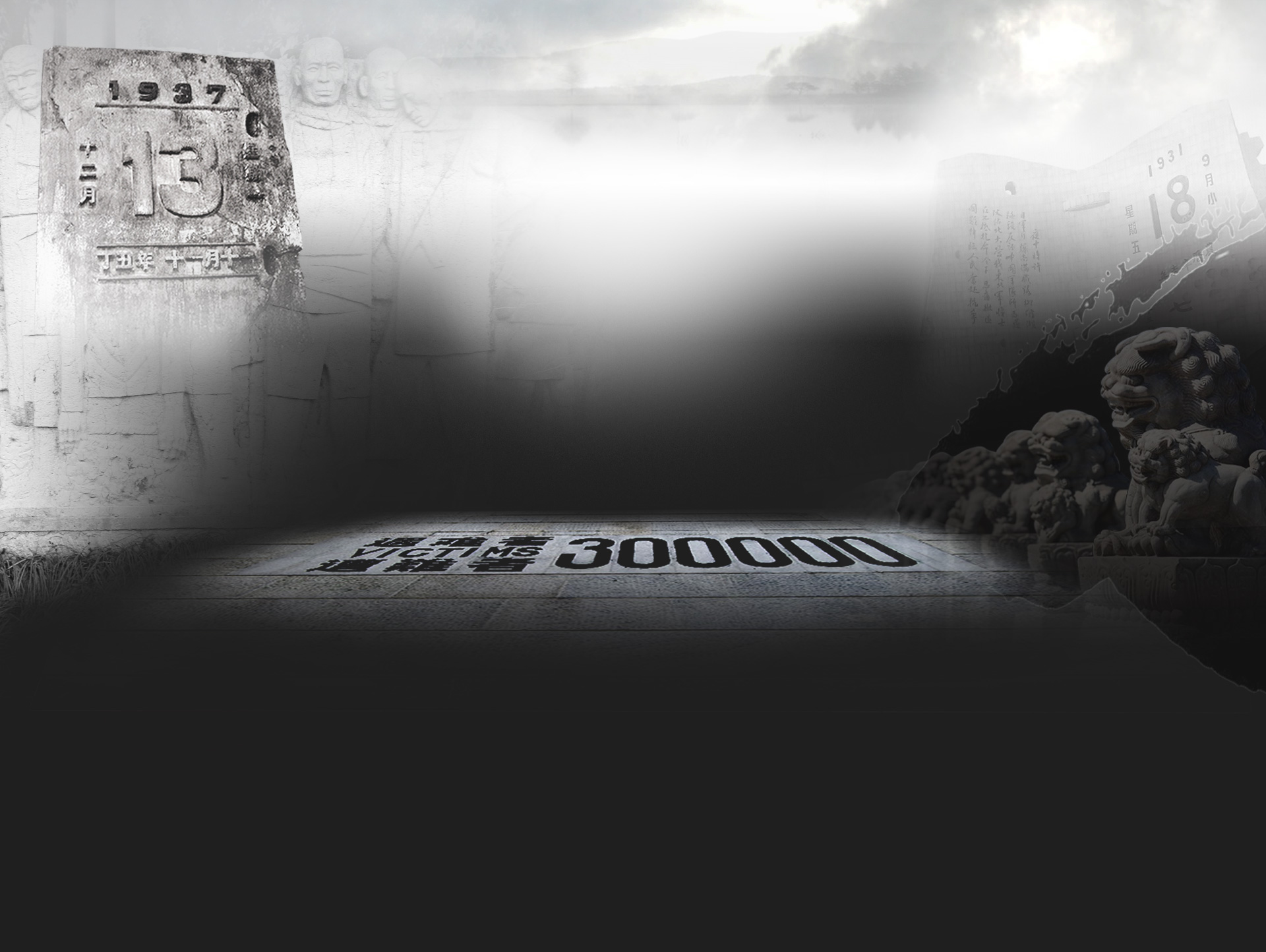TOKYO, June 11 (Xinhua) -- A committee on foreign affairs at the Japanese House of Representatives on Wednesday adopted a resolution unfoundedly criticizing China's legal operations off the Xisha Islands, claiming the operations exacerbated tensions in the South China Sea.
This resolution follows similar baseless accusations made by senior Japanese government officials including Prime Minister Shinzo Abe and Chief Cabinet Secretary Yoshihide Suga.
But Japan is the last party eligible to point fingers on issues pertaining to the South China Sea.
On the one hand, Japan has no direct involvement in the current Xisha Islands issue. On the other hand, it is Japan itself that, upon surrendering in 1945 and accepting a series of international documents including the Postdam Proclamation, returned the islands, which it illegally occupied during the World War II, to China, their original owner.
If Abe's administration refutes these basic and internationally- accepted historical facts after nearly seven decades, it should firstly question the documents that allowed Japan to return to the international community after the horrific war it waged.
If Abe said that the resolution follows his doctrine of "active pacifism," then maybe the prime minister need to first find a dictionary and carefully read the definition the word "pacifism" .
If Japan has the slightest respect for history, it should be the staunchest advocate of China's rightful sovereignty over the islands, or at least treat the South China Sea issue cautiously, rather than stirring up trouble.
Sadly, Japan's aggressive attitude on the Xisha Islands issue goes against the post-war international order and has exposed Abe administration's lack of respect for history and meager sense of shame for the wartime atrocity.
In a related development, Japan on Wednesday asked China to withdraw its application to list documents relating to the 1937 Nanjing Massacre and "comfort women," -- sexual slaves forcibly conscripted by the Japanese military during the WWII -- on the Memory of the World Register of the UN Educational, Scientific, and Cultural Organization (UNESCO).
Chief Cabinet Secretary Yoshihide Suga said during a press conference that "Japan has lodged a protest and asked China to withdraw the application."
The demand seems all the more unreasonable given Japan's blatant attempt earlier to apply for listing the writings of " Kamikaze" pilots, those who committed suicide attacks against the Allies forces during WWII, to the UNESCO's memory list.
Abe and his administration reiterated that they will bolster Japan's strength and make Japan a "normal country," but if the leaders of the country cannot squarely face up to the country's history, Japan's image as a nation in the international community will only become increasingly abnormal.
